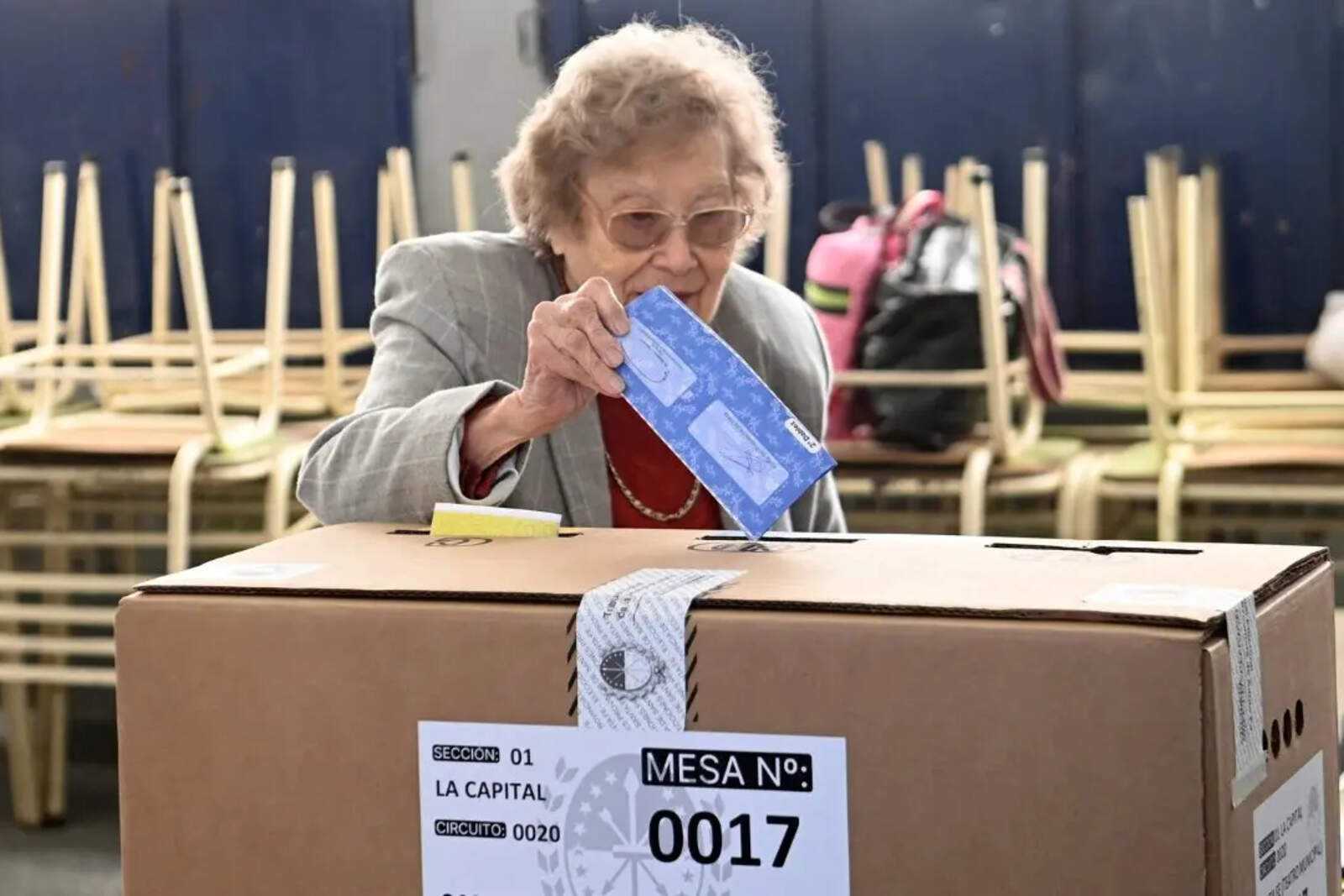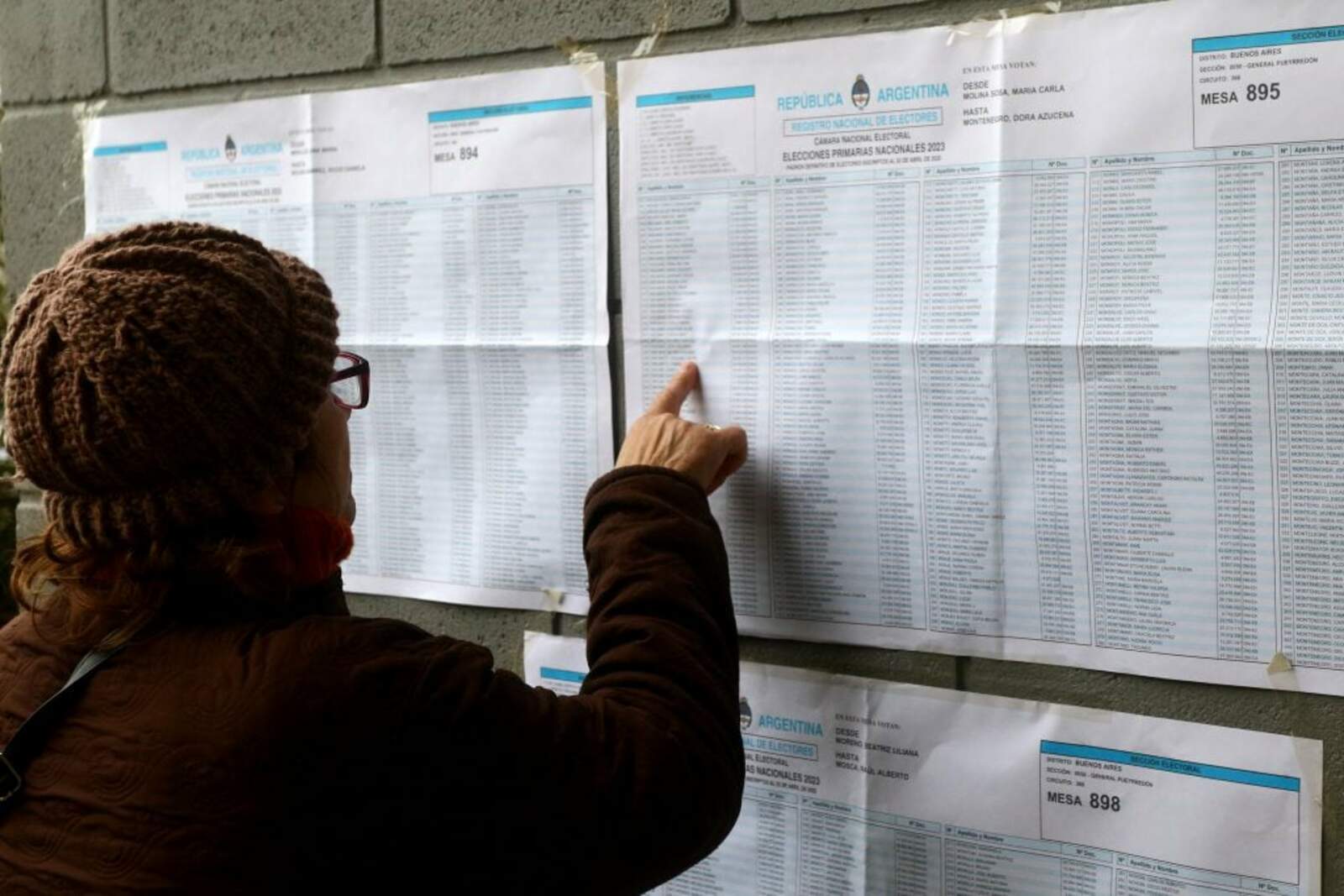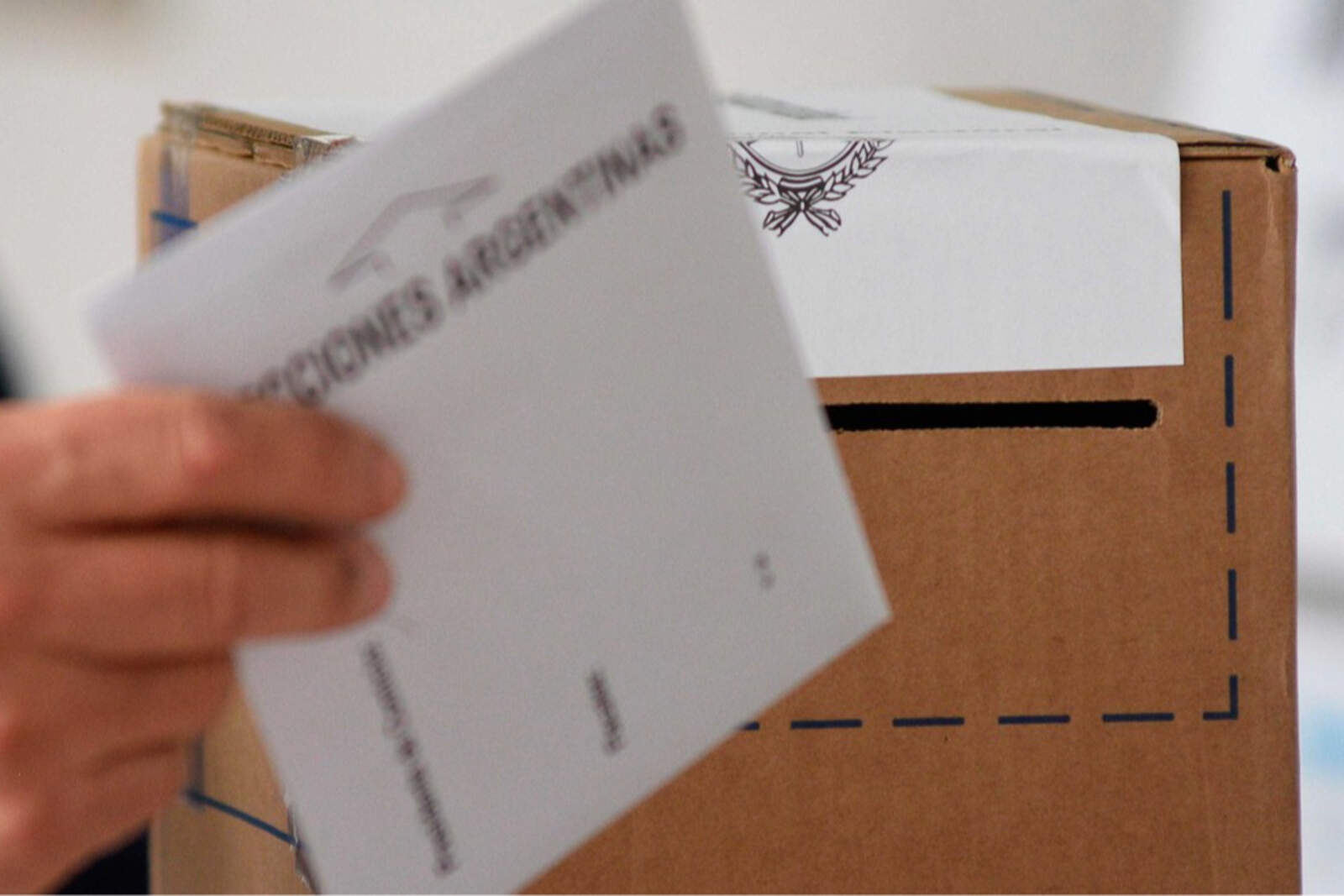In a decision that is already generating a strong climate of discontent, the Electoral Court of the province of Buenos Aires carried out a massive modification in the electoral register that affects the vast majority of voters.
According to official data, 80% of Buenos Aires voters will have to go to a different polling place than usual to cast their vote, in a change that comes just weeks before the legislative elections on September 7.
The measure, promoted by the federal judge with electoral jurisdiction in La Plata, Alejo Ramos Padilla, involves the reassignment of thousands of polling stations and the elimination of more than 150 polling places used in previous elections. According to the technical report released by the Electoral Secretariat, 151 establishments were removed for being considered "not suitable" and, in their place, 714 new polling stations were added due to the growth of the electoral register.

The Minister of Buenos Aires Government, Kirchnerist Carlos Bianco, reported that "a very thorough review of the assignment of voters by schools" was carried out, which involved changes in less than 5% of the establishments, although the assignment of voters was indeed modified.









